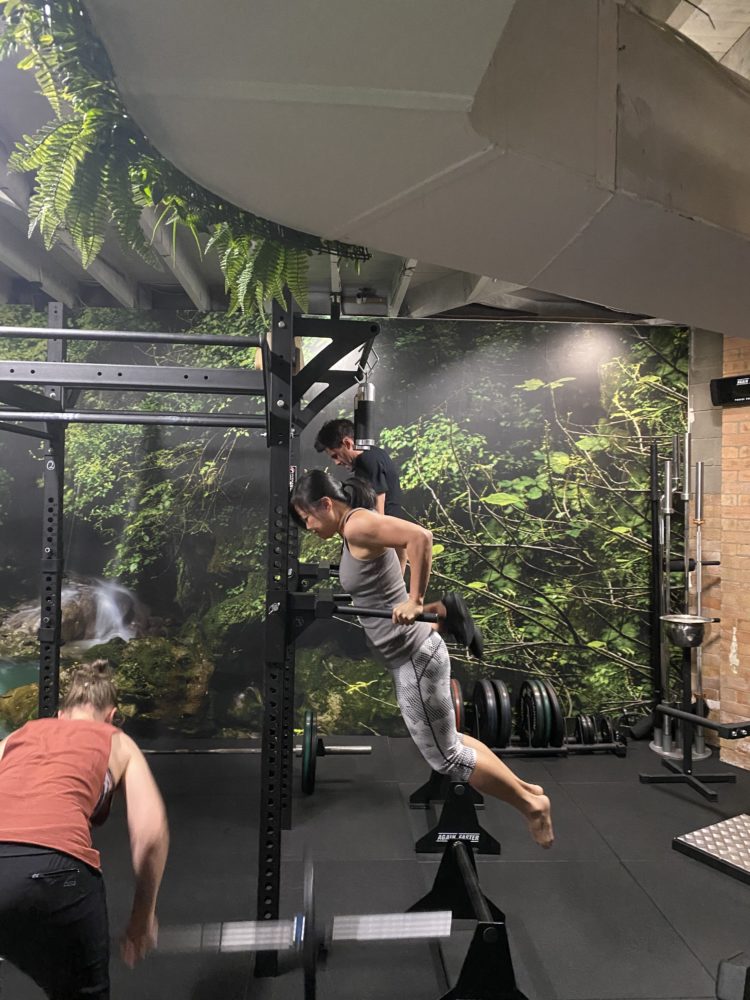Being in the fitness industry now for over a decade I can confidently say that the large majority of people that I talk to would like to be at least a little leaner.
This is the result of so many different things including (but not limited to): how we are educated around health and wellness, the medical system (not health) we have, the conflicting interests of ‘health’ and supplement companies, the time pressures we face in the 21st century and mainstream media to name a few.
This epidemic of our populations being overweight may be contributed to by the above but then on an individual level it seems to always come back to the notion that what we are eating is the problem and is making us overweight and unhappy.
Although I am not here to say that what we eat does not in fact have a physical and psychological effect on our bodies – I am here more to say that there’s a deeper rooted problem than just eating too much.

Our problem isn’t food..
What we need to understand is that our beliefs affect our thoughts, which affect our emotions, which affect our actions.
You can think of eating as the end of the chain – our actions. This means our eating is affected by our emotions, which are affected by our thoughts, which are affected by our beliefs.
So if we go back one level to our emotions it becomes clear that what we eat (the actions we take) is affected by how we feel. I’m sure you can connect to this notion. Perhaps when you are feeling down you reach for something that makes you feel happy (quick serotonin hit). On this level we should be looking at all the parts of who we are.
We all spend a large amount of time working so it makes sense that if we are not happy with our work our emotions will lead us to eating not aligned with how we would like.
This is the same with our relationships – intimate and not. If these aren’t in order and making your life better than it is likely you won’t be eating well.

It’s not just about food..
This also brings me to the point that although everything that affects our emotions are going to affect our actions, I believe that this lack – be it connection, fulfilment, alignment or any other disconnect with your life is actually going to play just as big a role in your overall health as the food itself anyway.
If we want to go right back to the root problem (always a good idea) instead of just dealing with the superficial band aid of ‘eating better’ we come up against our beliefs. Who am I? What am I worthy of? What is my place in the world?
These existential questions that place us in the world are largely answered by our child selves. The problem is they are often not updated to help us as adults.
A good place to start is to bring awareness to how you are feeling when you reach for the food. Is it a void that you are trying to fill? Is it boredom? Sadness? Even happiness we celebrate with food and drink in our culture.
Once you start getting some awareness then look for some patterns and look at the areas of your life that you could be more satisfied with and start taking some small steps to head towards a more positive place in these areas.
We all know that the salad is probably better for us than the burger and chips so let’s work towards understanding ourselves on a deeper level.
If this article resonates with you please share it to anyone that you think it may help. We want to help more people feel their best in a sustainable manner.
Written by Luke Sharp, Owner of The Wild Movement.




